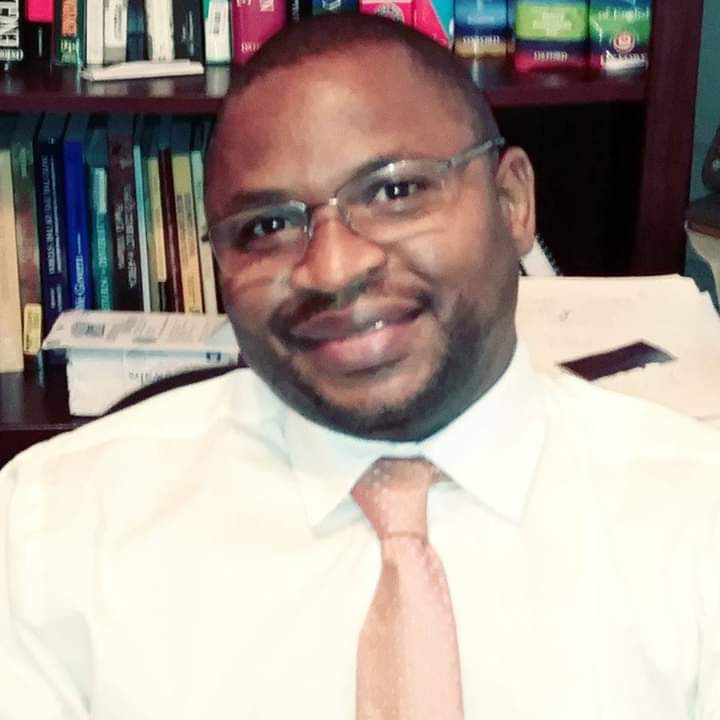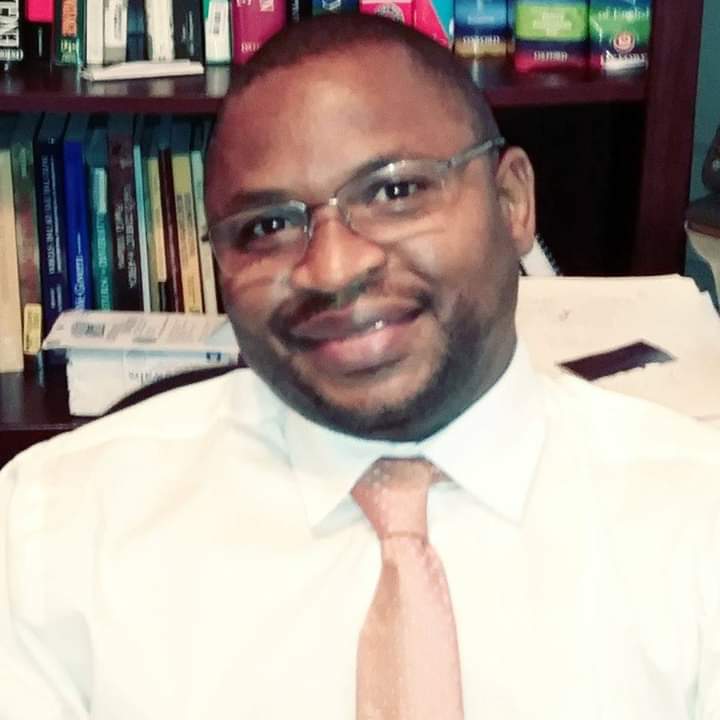Farooq Kperogi is currently an Associate Professor of Journalism and Emerging Media at the School of Communication and Media, Kennesaw State University, Georgia’s fastest-growing and third largest university. He is the writer of Glocal English: The Changing Face and Forms of Nigerian English in a Global World
In this interview with Akeem Alao, editor at Edugist, he answered questions on journalism and the state of education in Nigeria.
Question: What has the world of media/journalism been like?
Response: Journalism is a perpetually evolving field. When I was a journalism student in the early 1990s, for instance, we were taught typing and shorthand. Those are now useless skills. Similarly, when I started my journalism career in Nigeria, reporters used to write stories in long hand and hand physical papers over to other people to type onto computers. No one does that anymore. It also used to be that in journalism school, we were trained to specialize in either print journalism or broadcast journalism, but contemporary journalism is platform agnostic, that is, it transcends the limits of exclusive media types. Online journalism, mobile journalism, and social-networked journalism are now the wave of the future. So the world of journalism has been incredibly dynamic and will continue to be so.

Prof Farooq Kperogi
Question: How are you able to combine media and education?
Response: Media and education are not mutually exclusive. On the contrary, they are complementary and mutually reinforcing. As a media educator, I have an abiding interest in keeping abreast with what goes on in the media. I also learned early in my educational career that the best journalism teachers are often people who have practiced or who still practice journalism. Media and education are inextricably linked.
Question: How long have you been in media? Has the journey been smooth all through?
Response: I started my professional journalism career in 1997, but before then I was active in campus journalism. I was the editor of my departments student-run newspaper called the Bayero Beacon. I also edited a literary magazine called the Parakeet. In secondary school, I was editor of my schools magazine and contributed opinion pieces to the Nigerian Herald.
Question: What was it like for you as a starter on this cause?
Response: I always knew I wanted to be a journalist since I was 15. As I said earlier, I was published many times in a professional newspaper as a secondary school student. When I started my undergraduate studies at the Bayero University in Kano, I contributed regularly to the Daily Triumph, a daily newspaper funded by the Kano State government. So when I started full-time professional journalism, it was really no big deal for me. I had already experienced the frisson and glory of bylines before.
Question: Journalists are presumed to be low-income earners, what’s your say to this assumptions? Smiles.
Response: Real journalists don’t go into the profession to make money. They go into it to make a difference. They go into it because its their passion. Anyone who goes into journalism to make money is in the wrong profession. That doesn’t mean, however, that people should starve because they are journalists. Everyone deserves a pay that honors the dignity of their labor. I was fortunate to earn respectable middle-class income when I was a journalist in Nigeria. Nevertheless, I am aware that many Nigerian journalists are not that lucky. Several Nigerian journalists are never paid by their employers, which causes them to rely on corrupt politicians for their daily sustenance. Thats both disconcerting and unacceptable. No true journalism can take place when reporters are not reasonably financially independent.
Question: Considering your many years of experience in the university system, would you willingly accept an offer to teach in any Nigerian university, even if it’s part-time?
Response: Absolutely. Why not?
Question: How do you rate this administration on education?
Response: The administration has no policy on education, so I dont know what to rate. There is an absolute lack of direction in everything under this administration, and education is no exception. Nonetheless, no one is surprised that the Buhari administration is particularly contemptuous of education. Buhari has risen to the pinnacle with very little education. Thats probably what drives his disdain for education. For example, UNESCO recommended that countries should budget a minimum of between 15 percent and 20 percent of their national budget to education. Buhari has consistently fallen short since 2015. He allocated a miserly 7.05 percent of the national budget to education in the 2019 budget. Previous years hovered between 5 percent and 7 percent. That tells you all you need to know about what the Buhari regime thinks of education.
Question: Most Nigerian graduates are often believed to be unemployable, what factor(s) do you think is responsible for this?
Response: Its not entirely true that most Nigerian graduates are unemployable. I have met and interacted with some incredibly talented Nigerian university graduates in the recent past. Of course, its also true that the quality of university education has been on a downward slope lately. This interview won’t end if I want to mention all the factors that contributed to this. But chief among the factors that continually lower the bar of university education in Nigeria are poor quality of university lecturers, inadequate facilities, and the death of the university idea.
Question: Do you consider Nigerian universities fit to compete globally when it comes to facilities and quality education?
Response: It’s difficult to make a blanket statement about all Nigerian universities, but there is no doubt that most Nigerian universities can’t compete with universities in the West and some parts of Asia. A Nigerian professor who did a sabbatical at an American university sometime ago said to me that the worst university in the US is far better than the best university in Nigeria. I had never thought about it in those terms. This is certainly true, particularly in terms of what you called facilities and quality of education. There are minimum standards that accrediting bodies insist universities here in the US must have before they are accredited. Those minimum standards are absent in even our best universities in Nigeria.
Nevertheless, in spite of the obvious deficiencies in the human and material capital of Nigerian universities, some really fantastic and world-class brains are still being produced by our universities. We tend to ignore this fact most of the time. There are people who will thrive and excel anywhere irrespective of the environment that nurtured them. Of course, there are also people who need the right mix of environment and external human agency to realize their potential. A good educational system should have a space for both kinds of people.
Question: What suggestions would you give to help upgrade our education system?
Response: I have several, but none that is not already known to policymakers in the country. First, the entire education system from elementary school to university needs a radical systemic overhaul. I have written several articles on this, and I think its tiring to repeat it here. But one of the things I’ve consistently advocated is that government should first incentivize teaching after which it should invest in teacher education, particularly early childhood education, and ensure that only people who are trained to teach little kids are allowed to teach in primary schools. This is the formative stage of every child’s intellectual growth. When we lose children at this stage, we often lose most of them forever. Sadly, public education is virtually dead now. Only the poorest of the poor send their kids to public schools. Any nation whose public education is dead or is dying has no future.
Many thanks for your time!








